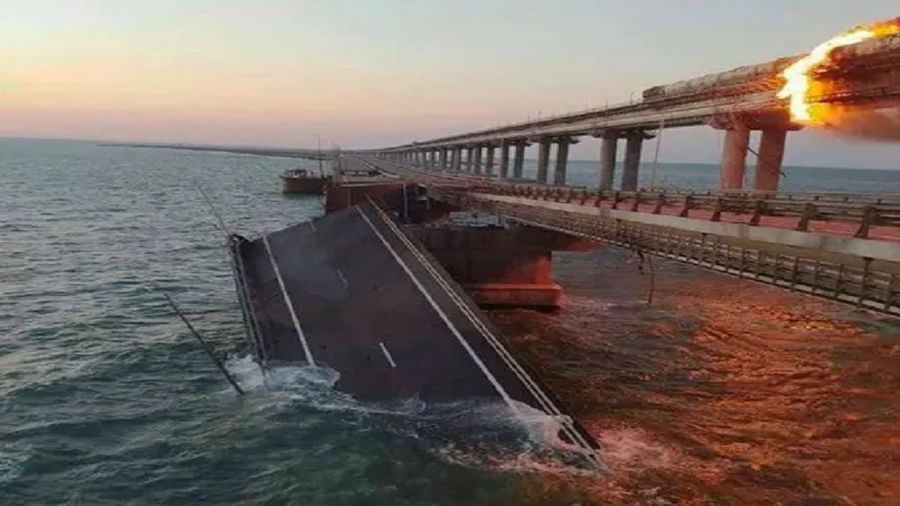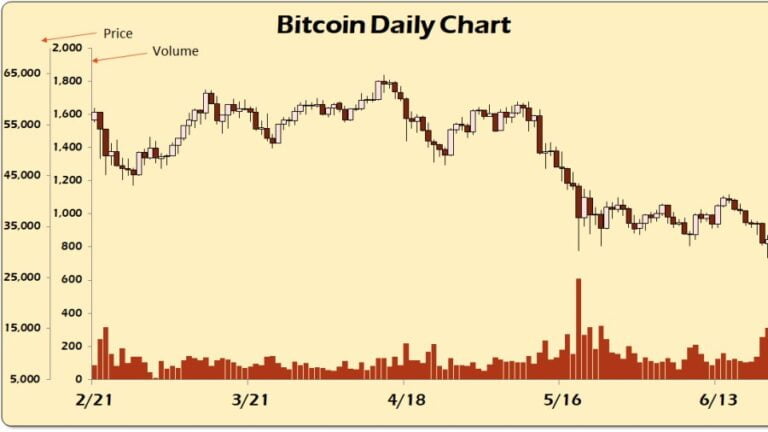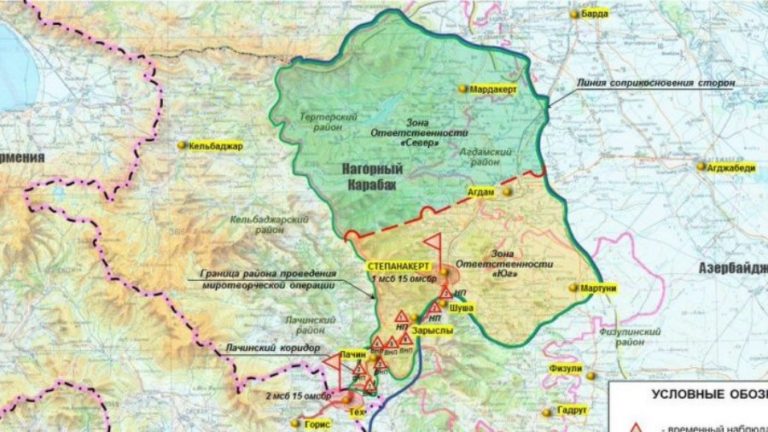The Crimean Bridge Terrorist Attack Could Be a Game-Changer in the Ukrainian Conflict
Seeing as how it’s almost certain that the US at the very least had advance knowledge of this terrorist attack, not to mention possibly played a role in orchestrating it or even directly carrying it out, this represents an unprecedented escalation in the Russian-US dimension of the New Cold War.
Russia’s National Anti-Terrorist Committee reported on Saturday morning that “a truck was blown up on the motorway section of the Crimean Bridge from the Taman Peninsula, which caused seven fuel tanks of a train travelling to the Crimean peninsula to go up in flames”, as a result of which “Two motorway sections of the bridge have partially collapsed.” Head of the Crimean Parliament Vladimir Konstantinov blamed “Ukrainian vandals”, which coincided with Zelensky’s senior advisor Mikhail Podolyak and infamous Russiagate conspiracy theorist Adam Kinzinger praising this suicide bombing attack on Twitter.
Ukrainian National Security and Defense Council Secretary Alexei Danilov threatened in late April that “If there is an opportunity to [destroy the Crimean Bridge], we will definitely do it”, hence why the investigation’s initial conclusion of Kiev’s complicity is objectively credible given that side’s motives. This iconic civilian infrastructure is a soft target that’s impossible to fully defend, so it was only a matter of time in hindsight before it was successfully damaged. The Crimean Bridge terrorist attack that Kiev clearly just carried out could be a game-changer in the Ukrainian Conflict for the following reasons:
* Crimean Logistics Are No Longer Completely Secure
This geostrategic peninsula no longer has any completely secure logistics routes with the rest of Russia since the complementary land bridge through the recently reunified territories of Novorossiya remains vulnerable to conventional attacks, thus immediately worsening the strategic situation there.
* Another Kharkov-Like Blitz Could Be Coming
It’s extremely unlikely that Russia’s NATO-backed but Ukrainian-fronted enemies won’t attempt to take maximum advantage of the military, soft power, and strategic consequences of Kiev’s unprecedented terrorist attack to launch a Kharkov-like blitz against Novorossiya.
* Tactical Nukes Might Soon Be Used In Self-Defense
Should the abovementioned scenario unfold and result in similar setbacks for Russia like what it experienced last month, albeit this time in territory that it just reunified with and is thus under its nuclear umbrella, then Moscow might use tactical nukes in self-defense as an absolute last resort.
* Russian Public Pressure Might Lead To Policy Changes
A more muscular policy might soon replace Russia’s special operation due to the changed military-strategic dynamics and immense public pressure stemming from Kiev’s terrorist attack, possibly leading to leadership reshuffles and an evolution of the existing campaign in the direction of “shock and awe”.
* The Moment Of Truth Has Arrived
Considering the above, the conflict will likely be locked along one of three trajectories by the end of the month: the NATO-backed but Ukrainian-fronted blitz will continue unabated up to Russia’s pre-2014 borders; Russia will liberate the entirety of its newly reunified territory; or a stalemate will set in.
These dramatic developments will take place against a very sensitive international context. The US midterms are taking place early next month, which puts additional pressure on the Biden Administration for his declining unipolar hegemon’s Ukrainian proxies to make the most impressive on-the-ground progress possible in order to help the Democrats. While unnamed US intelligence officials told the New York Times earlier this week that Kiev assassinated Darya Dugina without their knowledge, that in hindsight was likely a cover-up to “plausibly deny” knowledge of this latest terrorist attack too.
Seeing as how it’s almost certain that the US at the very least had advance knowledge of this terrorist attack, not to mention possibly played a role in orchestrating it or even directly carrying it out, this represents an unprecedented escalation in the Russian-US dimension of the New Cold War. The Kremlin might therefore respond asymmetrically, not with its own terrorist attacks against American/European/NATO/Western targets, but still perhaps some type of sabotage or another. The “spy war” between these two nuclear superpowers could thus intensify and risk spiraling out of control.







